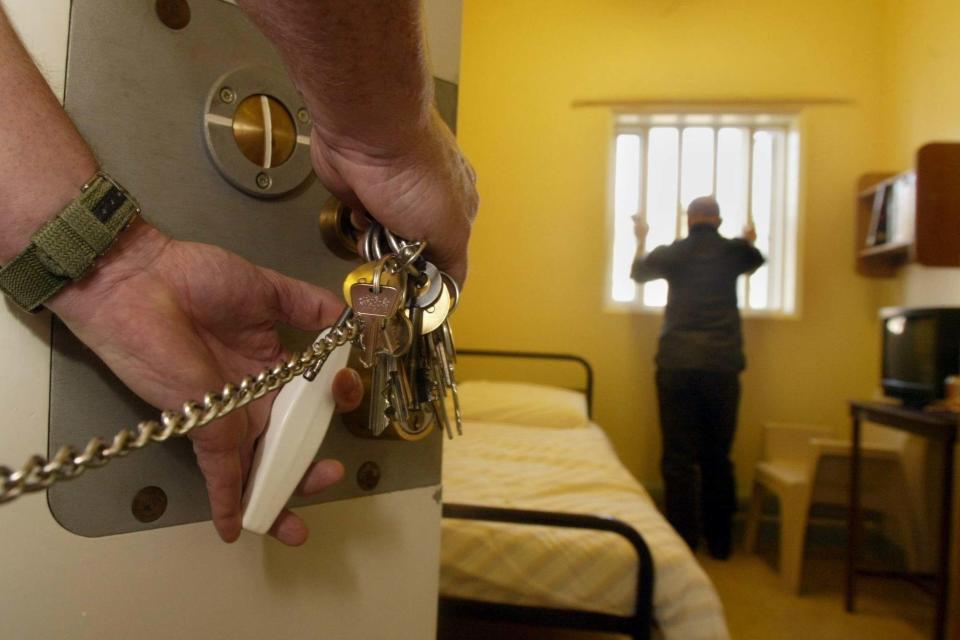The misery of solitary confinement cannot go on

“I have been banged up in my cell every day except for 45 minutes for seven months now,” Josh*, 20, told me from prison last week. “No education, no learning, no nothing. It has become normal. I have lost hope.”
Josh is living in isolation, but his is not an isolated case. The Howard League for Penal Reform runs a free and confidential advice line for children and young adults aged under 21 in prison, and calls such as this have been coming in day after day during the pandemic.
Each request for help tells us more about the terrible situation behind bars, which the Evening Standard has also helped to reveal through its special investigation.
The Howard League raised the alarm months ago. In April, we commissioned a report that said the risk of exposure to the virus was far greater in prisons than in the community. A month later, and only after threatening the Government with legal action, we disclosed documents showing that Public Health England had warned ministers as many as one in 20 people in prison could die.
They are spending most of their days locked in cells. Activities are patchy. Mental health services are scant.
The Government’s response was to keep people in solitary confinement and even now, more than 200 days later, not much has changed. We have seen some movement in some prisons, but for the majority of the children and young adults we speak to on our advice line, unless they have a job such as being a cleaner on the wings, they are spending most of their days locked in their cells. Activities are patchy and fragile. Mental health services are scant. The systems in place to restrict the spread of the virus mean any person who enters prison must spend 14 days in isolation. One child, who was taken to hospital for treatment after self-harming in custody, told me they had to spend 14 days in isolation on return. Many others have told me of the acute stress and anxiety they feel, often awake all night worrying about loved ones.
A few days ago, I spoke to an anxious child who was supposed to be having one of his two half-day education sessions of the week. The session was cancelled, he was told, because staff had been sent home with Covid symptoms.
Some things have resumed, however. The courts are back to business, and the Government has extended custody time limits so defendants can spend even longer in prison while awaiting trial or sentence — all of which puts further strain on the system. This cannot go on. *Name has been changed
Dr Laura Janes is legal director at the Howard League for Penal Reform

 Yahoo News
Yahoo News 